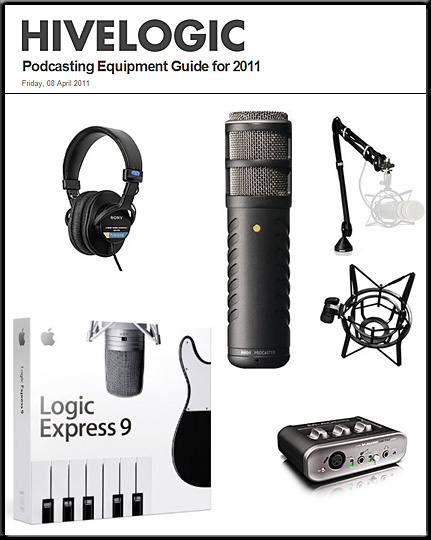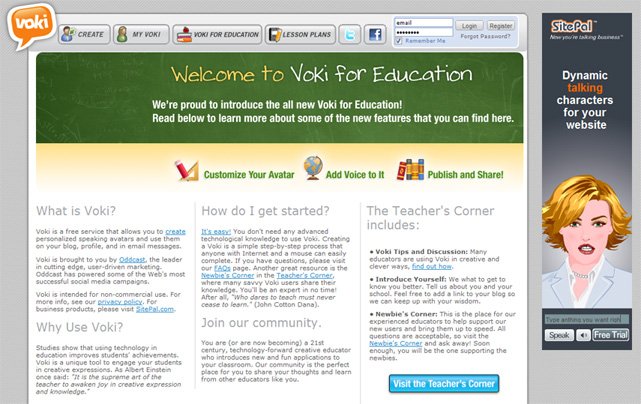50 Best Blogs for Industrial Design Students — from onlineuniversities.com
The 25 Most Influential People Tweeting About Augmented Reality — resource from Paul Simbeck-Hampson
Evidence of learning online: Assessment beyond the paper — from CampusTechnology.com by Judith Boettcher
…learning designer Judith Boettcher examines online assessment strategies beyond the traditional end-of-term paper.
Excerpts:
Professional Work Products
- Written and audio communications of all types, such as press announcements, white papers, briefs, summaries, memos, project management documentation
- Creating and planning news events, such as announcements, interviews, or regular updates of interests, such as podcasts
- Setting up personal or group blogs within different contexts of leadership, business, etc.
- Setting up wikis for team projects, areas for monitoring developments
- Many more listed…
Interviews
The interview medium is a very flexible communication tool and can be used by both faculty and students for demonstrating understanding and eliciting the state of concept development. Here are some possible strategies that can require research, critical thinking, and writing.
- Learners identify an expert or a person of interest to them in a particular field germane to the course and then prepare the interview questions, do the interview, and then post the results
- Learners identify and interview the author of a textbook or article closely related to the course, possibly updating information critical to the course
- Many more listed…
Audio, Video, and Visual Projects
What about other media such as audio and video projects? Today’s learners live surrounded by audio and video and the tools that make it possible for everyone to create and produce audio and video products. Here are some of the possibilities with audio and video spaces.
- Podcasting resources now are very common so learners are familiar enough with the format to embrace creating audio and video podcasts of their own
- Video shorts and ad hoc documentaries engage learners and draw in their friends and families
- Creating and posting short reports via VoiceThread is another “writing space” to consider as are Flickr, YouTube, and Slideshare
Blogs
Blogs are a very underutilized writing space. Blogs share many characteristics with journals and thus can capture snapshots of what learners are thinking, and when; plus they often can also capture the sources of some of their thinking. Blogs help learners understand the growth cycle of learning new concepts and how and why they think the way they do. Here are some ideas on how blogs, both personal and class, might be used.
- Personal commentary and self-reflection
- Capturing thought processes and generating new ideas
- Assist learners in finding their “voice”
- Many more…
Wikis
- Collaborating on group and team projects of all kinds
- Capturing and developing ideas for solving critical problems and case studies and simulations
- Developing “featured” Bronze star Wikipedia articles on specific topics in particular disciplines
Learn computer programming in the blogosphere: 10 top computer programming blogs — from Education-Portal.com
From DSC:
I asked a colleague of mine, Mr. Jonathan Wyse, to comment on these blogs as I greatly respect his knowledge, wisdom, and insightful analysis on a variety of topics. An excerpt of his response follows (shared w/ his permission and with emphasis added by DSC):
I use a few of these already…
Will they teach you programming? They’ll help when you’re stuck or if you are looking to start a project. Learning to program is more than learning Java, C#, Perl, or JavaScript. It is learning a frame of mind and a whole new way of thinking. These blogs will help, but it really takes hands on work with a programming language, solving a few problems first. Once you learn to program (as opposed to learning a programming language which is how most schools these days teach computer science) picking up new languages becomes a rather trivial matter.
Probably the best essay on learning to program is Eric Raymond’s “How to be a Hacker”. It is a little intimidating when you think about what he recommends just to get started, but keep in mind he is advocating more than just mastery of one language, he is advocating a way of thinking that goes beyond the specifics of any one language.
Learn about journalism in the blogosphere: 10 top journalism blogs — from Education-Portal.com
Originally saw this item at iLearnTechnology.com
Excerpt:
Voki is a free web tool that let’s students create personalized speaking avatars that can be used in a variety of online formats (blogs, email, direct link, social network profiles, etc.). Now, Voki has released an exclusive education edition of their service. Voki Education has some additional features that make it even more useful for the classroom. Sharing is now easier than ever. Students and teachers can embed their finished Voki in webpages, email, and social network profiling, they can also share using a “Voki link” which will allow students to share a simple URL to a Voki page. Students no longer need access to a website or blog to share their Voki scene! Voki also provides custom links for educational partners like SymbalooEdu, very handy. A new lesson plan database provides teachers with a searchable database of lesson plans that utilize Voki for learning. Teachers are encouraged to share their Voki enhanced lesson plans. In the new Teacher’s Corner, teachers and “expert” users can discuss anything related to Voki. There is even a Newbies corner with a series of discussions in Q&A format. Voki is now ad-free, this makes it an even sweeter deal for the classroom!
The Top 20 VC Power Bloggers Of 2010 — from TechCrunch
A lot of venture capitalists and super angels are not only active investors, but also active bloggers. Below is a list of the top 20 VC power bloggers as compiled by Larry Cheng of Volition Capital based on traffic data from Compete. The metric being used here is average monthly unique visitors during the fourth quarter of 2010.
Tap your inner poet: 10 top poetry blogs — from Education-Portal.com
50 best teaching blogs you aren’t reading yet — from Linda at onlinemastersineducation.org
From DSC:
I’m always a bit leary when I see the word best in these types of postings/titles; however, I think you get the idea that some of these blogs may be very helpful for folks out there.










